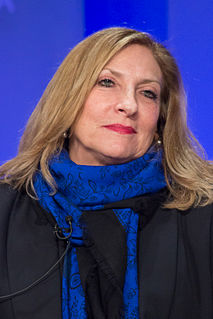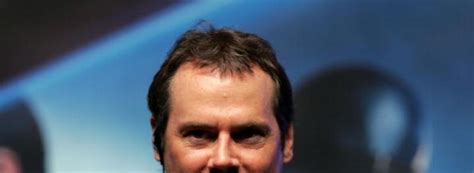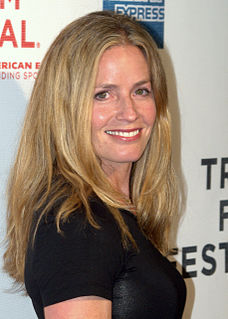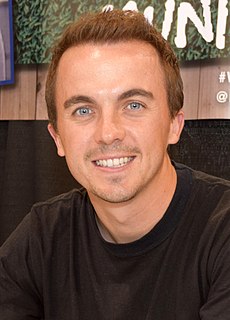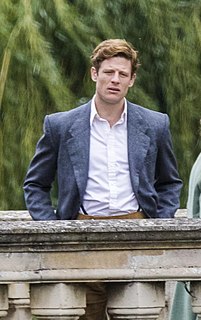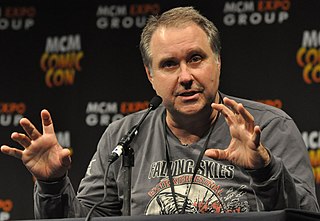A Quote by Lesli Linka Glatter
I like to really know what every scene is about, what the text is, what the subtext is. Then I figure out how to express that when I'm shooting.
Related Quotes
I wanted to be a singer, of course, but there was something about the songwriting, then and now, that is the most important thing. It's how I express myself, how I express how I see things. When I see people struggling with emotions and feelings and don't know how to put it down, I'm able to do that. It's really like a therapy, and it's like a buddy and a friend. It's a way out of a lot of things.
As a writer, you know what the purpose of the scene is. It really has nothing to do with the actor so you have to really get out of that space because for actors it's a micro-focus and then you figure out your arc through what the writers have given you to say. But that arc is just one little piece of the huge arc of the whole film. It took a while to get out of that.
During your lifetime, the people of our culture are going to figure out how to live sustainably on this planet--or they're not. Either way, it's certainly going to be extraordinary. If they figure out how to live sustainably here, then hum anity will be able to see something it can't see right now: a future that extends into the indefinite future. If they don't figure this out, then I'm afraid the human race is going to take its place among the species that we're driving into extinction here every day--as many as 200--every day
When I was growing up, I didn't really know much about being popular or cliques or anything like that. In elementary school and middle school, you start to kind of realize what it's all about. There are cool kids, and then there's you, and you're just trying to figure out where you fit in.I learned a lot about acceptance and rejection,Those are the themes that you'll find spread throughout my music and weaved in throughout all of the lyrics. I really know what it's like to be accepted, and I also know what it's like to be rejected. And those are lessons I learned in Wyomissing.
And then afterwards I worked in advertising for a year which taught me about writing even when you don't want to (laughter) because there's never a moment that you want to write about an Erickson cell phone but you have to. And that's really important you know obviously for the...like if you really want to write, you have to write every day no matter how you feel or you know. And then, yeah, and then I ended up working in TV and then from TV into movies and then directing, so.
On the surface, Wonder Boys seemed like such a departure from L.A. Confidential - it's funny, it's contemporary, and so on - and yet at a certain point, I had a feeling that reminded me how I felt when I was shooting L.A. Confidential. I analyzed it for a while, and thought about how emotionally involved I was with the characters. Then I realized that in both movies, there are three main male characters and one female, and all of them are struggling to figure out what they're doing with their lives, independent of each other.
Suddenly, I realized how tough trying to structure a story like this is. It was a lot of work. The one big advantage that we had was that we had eight scripts written before we started shooting, or even started casting. We had a really good opportunity to look at it and figure out where we were going to go and how to do it. Once we got a cast, which I love, then we started doing some revisions to make sure that they fit into it.
